Hyungui Lim
Neural Audio Fingerprint for High-specific Audio Retrieval based on Contrastive Learning
Oct 28, 2020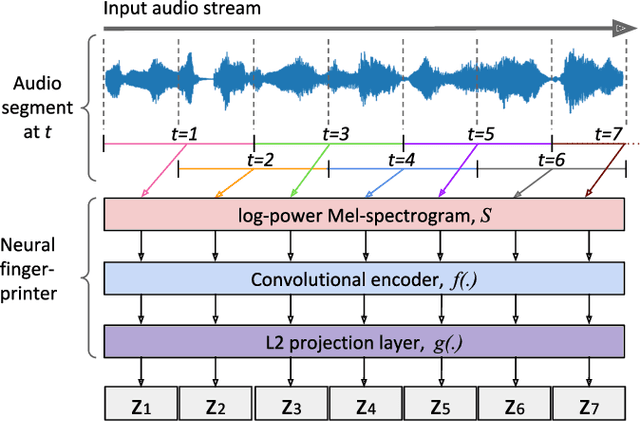
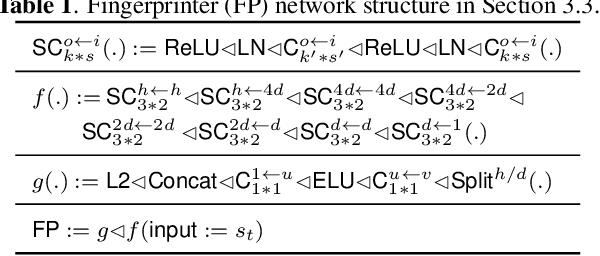
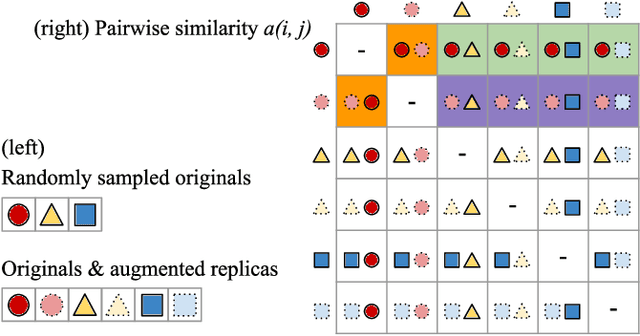
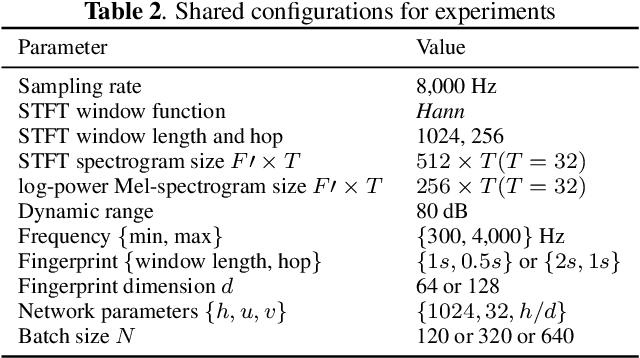
Abstract:Most of existing audio fingerprinting systems have limitations to be used for high-specific audio retrieval at scale. In this work, we generate a low-dimensional representation from a short unit segment of audio, and couple this fingerprint with a fast maximum inner-product search. To this end, we present a contrastive learning framework that derives from the segment-level search objective. Each update in training uses a batch consisting of a set of pseudo labels, randomly selected original samples, and their augmented replicas. These replicas can simulate the degrading effects on original audio signals by applying small time offsets and various types of distortions, such as background noise and room/microphone impulse responses. In the segment-level search task, where the conventional audio fingerprinting systems used to fail, our system using 10x smaller storage has shown promising results. Our code and dataset will be available.
Chord Generation from Symbolic Melody Using BLSTM Networks
Dec 04, 2017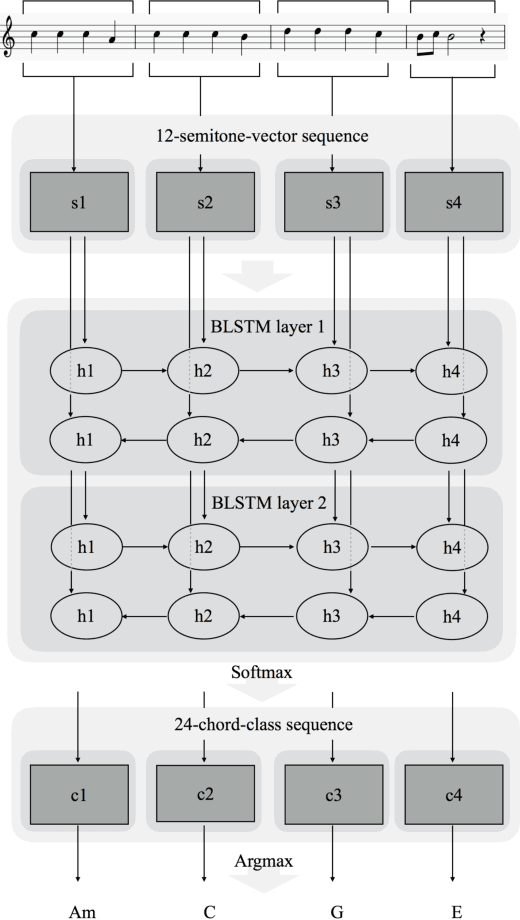

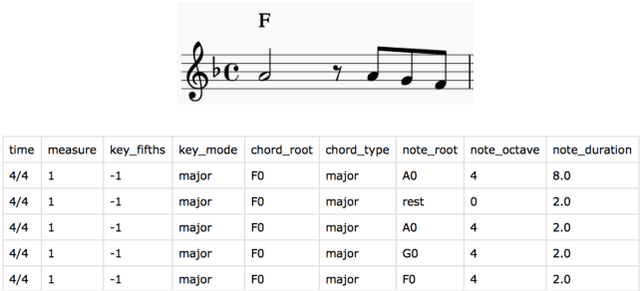

Abstract:Generating a chord progression from a monophonic melody is a challenging problem because a chord progression requires a series of layered notes played simultaneously. This paper presents a novel method of generating chord sequences from a symbolic melody using bidirectional long short-term memory (BLSTM) networks trained on a lead sheet database. To this end, a group of feature vectors composed of 12 semitones is extracted from the notes in each bar of monophonic melodies. In order to ensure that the data shares uniform key and duration characteristics, the key and the time signatures of the vectors are normalized. The BLSTM networks then learn from the data to incorporate the temporal dependencies to produce a chord progression. Both quantitative and qualitative evaluations are conducted by comparing the proposed method with the conventional HMM and DNN-HMM based approaches. Proposed model achieves 23.8% and 11.4% performance increase from the other models, respectively. User studies further confirm that the chord sequences generated by the proposed method are preferred by listeners.
 Add to Chrome
Add to Chrome Add to Firefox
Add to Firefox Add to Edge
Add to Edge